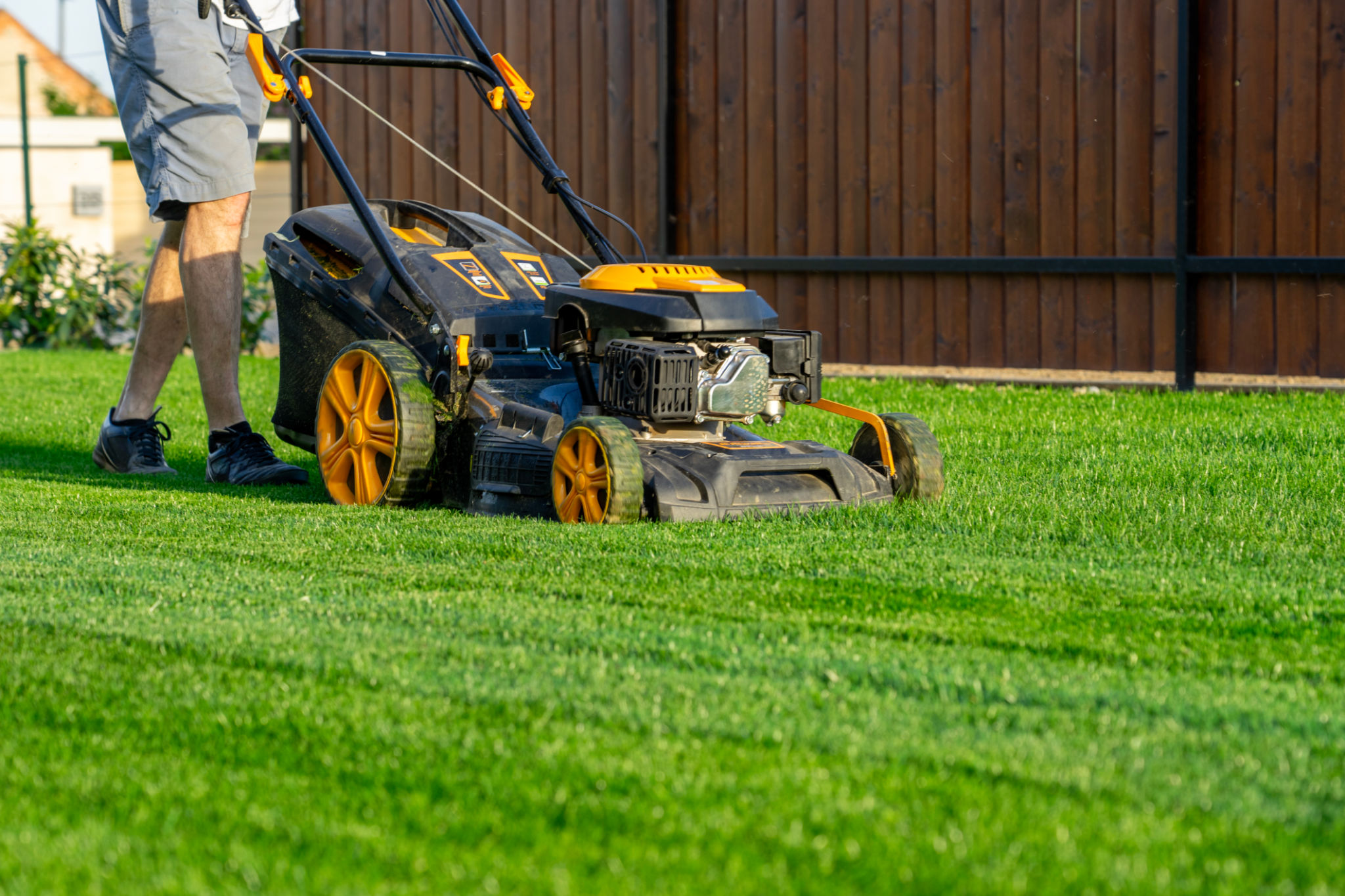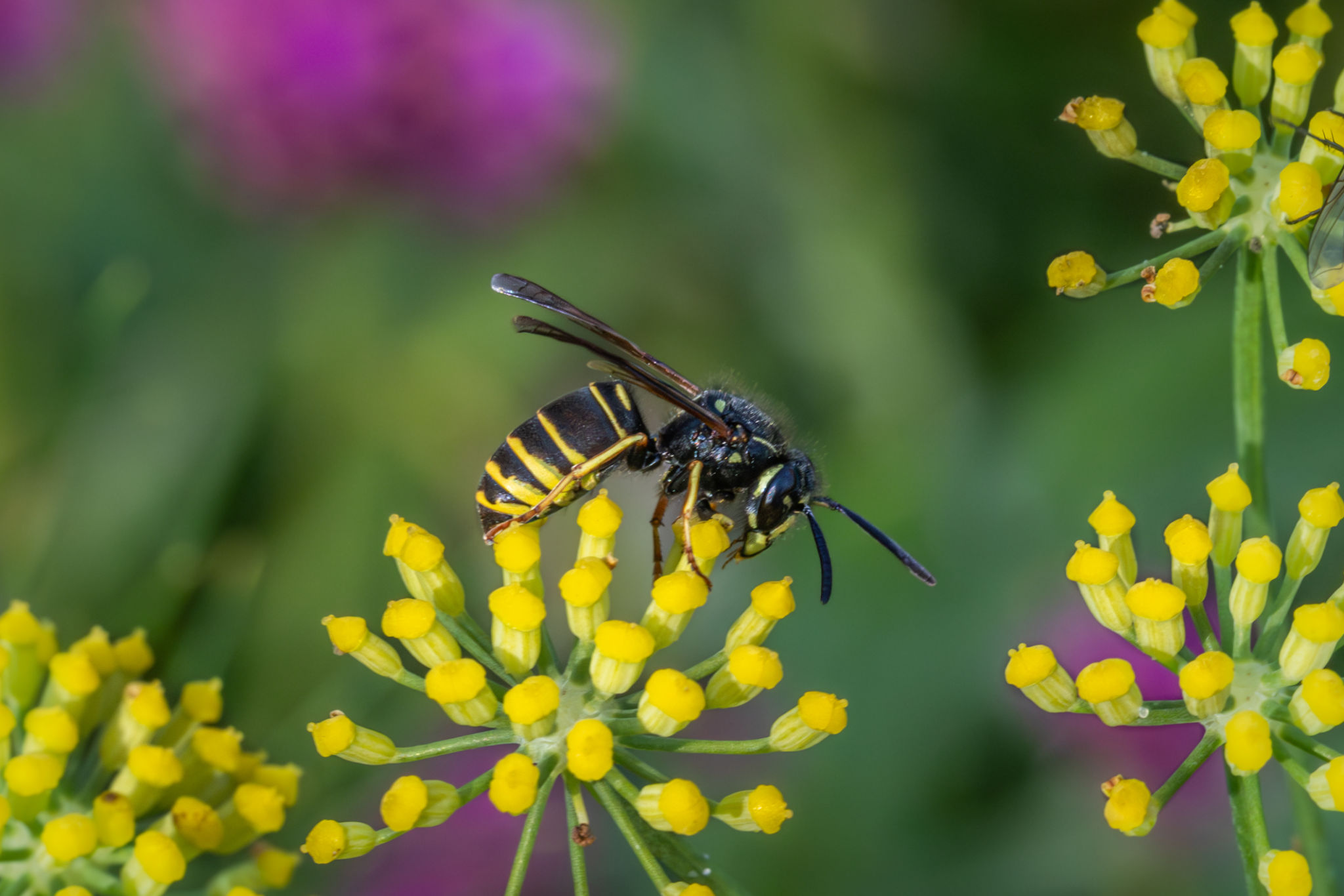Expert Tips for Healthy Bermuda Grass All Year Round
Understanding Bermuda Grass
Bermuda grass is a popular choice for lawns due to its durability and lush appearance. However, maintaining its health throughout the year requires specific care practices. Key to its upkeep is understanding its growth pattern, which thrives in warm climates and requires a different approach across seasons.

Watering Techniques
Proper watering is essential for healthy Bermuda grass. This type of grass prefers deep, infrequent watering rather than frequent shallow watering. Ideally, you should water your lawn early in the morning to minimize evaporation and allow the grass to absorb moisture effectively. During the peak summer months, ensure that your lawn receives about 1 to 1.5 inches of water per week.
Mowing Best Practices
Mowing plays a critical role in maintaining a healthy Bermuda grass lawn. The recommended mowing height varies between 1 to 1.5 inches. Regular mowing encourages dense growth and helps prevent weeds from taking over. Remember to mow frequently enough that you never remove more than one-third of the grass blade at a time.

Fertilization Schedule
To keep your Bermuda grass vibrant, adhere to a consistent fertilization schedule. Start fertilizing in the spring when the grass begins to green up, typically using a high-nitrogen fertilizer. Continue applying fertilizer every 6-8 weeks throughout the growing season, but reduce frequency as temperatures decline in the fall.
Choosing the Right Fertilizer
Selecting the right fertilizer is crucial. Look for a balanced fertilizer that includes nitrogen, phosphorus, and potassium. Many gardeners find success with a slow-release formula that provides nutrients over time, ensuring steady growth and reducing the risk of over-fertilization.

Weed Control Strategies
Weeds can quickly overrun a Bermuda grass lawn if not managed properly. Implement a pre-emergent herbicide in early spring to prevent weed seeds from germinating. For any weeds that do appear, use a post-emergent herbicide tailored for broadleaf or grassy weeds as needed. Regularly inspecting your lawn will help you catch and address weed issues early.
Pest Management
Bermuda grass is susceptible to pests such as armyworms and sod webworms. Regularly check for signs of pest damage, such as brown patches or chew marks on blades. If you detect pests, consider using an integrated pest management approach that combines cultural practices with chemical control when necessary.
Encouraging Beneficial Insects
One natural way to manage pests is by encouraging beneficial insects like ladybugs and lacewings, which can help control harmful pest populations. Planting flowers that attract these insects can be an effective addition to your pest management strategy.

Seasonal Care Tips
Your Bermuda grass lawn requires different care throughout the year. In the spring, focus on fertilization and weed prevention. During summer, prioritize watering and mowing. As autumn approaches, reduce watering and prepare for winter dormancy by aerating the soil and applying a winterizer fertilizer.
By following these expert tips, you can enjoy a lush, healthy Bermuda grass lawn all year round. Remember that consistent care and attention are key to maintaining its beauty and resilience.